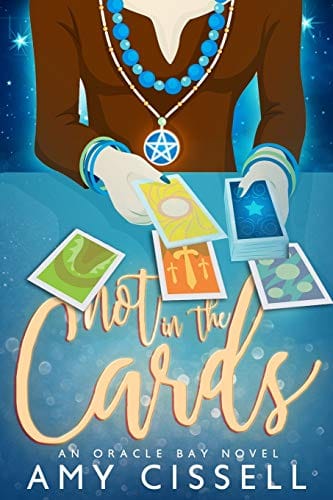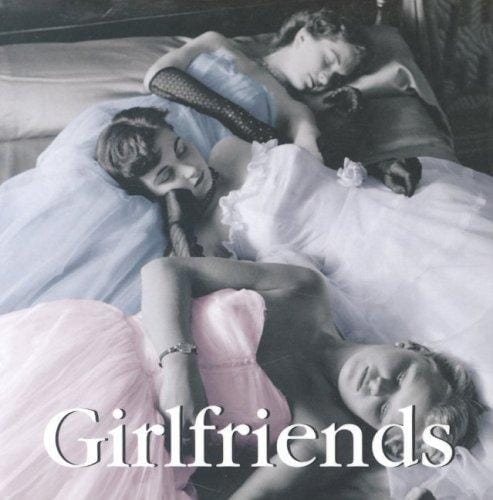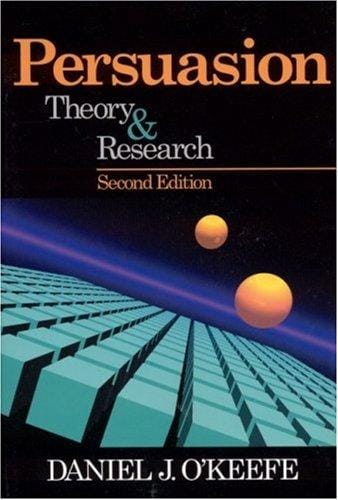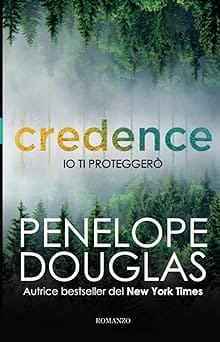Not in the Cards: Meaning, Origin, and Modern Usage
Explore the meaning, origin and modern usage of the idiom "not in the cards" and learn when to use it in everyday conversation.

Introduction
“Not in the cards” is a colorful English idiom that instantly paints a picture of shuffled decks, fate, and fortune-telling tables. Yet you do not have to believe in tarot or spend your evenings at the poker table to use the phrase. In everyday conversation it simply signals that something is unlikely to happen. This article explores the meaning, origin, and modern applications of “not in the cards,” giving you practical examples and communication tips along the way.
What Does “Not in the Cards” Mean?
At its core, “not in the cards” is a casual way to say that an event, plan, or outcome is improbable or impossible. When you tell a coworker, “A Friday deadline just isn’t in the cards,” you are not forecasting catastrophe; you are indicating that conditions make the goal unrealistic. The idiom emphasizes inevitability beyond personal control, echoing the idea of cards pre-dealt by fate.
Origin of the Idiom
The phrase draws imagery from both gambling and cartomancy. Historians trace similar expressions to nineteenth-century America, when card games such as poker surged in popularity and Spiritualist movements embraced tarot readings. Players and fortune tellers alike spoke of destinies “in the cards.” Gradually the negative form—“not in the cards”—gained traction, spreading through newspapers and frontier slang. By the early 1900s, writers used it broadly, divorced from literal card play, to comment on politics, romance, and business alike.
This blending of gaming and fortune-telling contexts gave the idiom dual heritage. The poker table contributes the sense of mathematical probability: if the queen of hearts has already been dealt, drawing another queen genuinely is “not in the cards.” The tarot spread adds an aura of predetermined destiny: certain futures never appear in the forecasted arrangement. Together they shape today’s meaning of an outcome that circumstances simply do not favor.
Usage in Everyday Conversation
Because the phrase is informal, it fits best in speech, emails, and storytelling rather than in formal legal or technical documents. It softens negative information, allowing you to decline politely without sounding dismissive or pessimistic. For example, telling friends, “A beach trip this weekend might not be in the cards with the storm coming,” conveys concern yet maintains warmth. Likewise, managers can temper expectations by saying, “A budget increase isn’t in the cards this quarter, but we will revisit next year.”
Register and Tone
Although relaxed, “not in the cards” is not slang. It works in business meetings, blog posts, podcasts, and coffee-shop chatter. The idiom carries a neutral tone—neither sarcastic nor overly dramatic—making it suitable across age groups and cultures familiar with English. When dealing with audiences that might not understand idioms, you can pair it with a direct explanation: “Another shipment before July probably isn’t in the cards; in other words, it’s unlikely.”
Examples in Pop Culture
Writers, musicians, and filmmakers frequently lean on card imagery to discuss fate. In the 1997 film “Titanic,” Jack quips that winning tickets in a poker game put him “on top of the world,” while the iceberg he later faces clearly was “not in the cards.” TV shows such as “House of Cards” play with similar metaphors, though the title’s focus is political power rather than pure chance. Song lyrics from artists like Bruce Springsteen and Stevie Nicks speak of futures “in the cards” or “not in the cards,” using the phrase to evoke longing and resignation.
The idiom has also inspired headlines. Sports journalists describe comeback attempts that were “never in the cards,” and tech bloggers lament product features “not in the cards for this release.” These references reinforce the phrase’s role in popular English, keeping it fresh for new generations of speakers.
Why the Idiom Persists
Language thrives on imagery, and a deck of cards offers an instantly relatable symbol of chance. In an age of algorithms and data, we still understand the thrill of flipping an unknown card, hoping luck favors us. “Not in the cards” captures that suspense while providing a gentle linguistic buffer around disappointment. Instead of bluntly stating “impossible,” we invoke a universal game of chance, diffusing tension and inviting empathy.
Moreover, the idiom’s flexibility ensures longevity. It applies to personal goals (“Marriage may not be in the cards for me right now”), economic forecasts (“A recession isn’t in the cards this year”), and even technology roadmaps (“Native virtual reality support is not in the cards yet”). Any scenario involving probability can accommodate the phrase, guaranteeing its utility across industries and cultures.
Tips for Using “Not in the Cards” Effectively
First, match the idiom’s informality to the setting. In a research journal or legal contract, choose explicit terms like “infeasible” or “unlikely.” Second, avoid overuse; sprinkling the phrase sparingly preserves its impact. Third, provide context when clarity is paramount, especially for non-native English readers: “Expansion into Asia isn’t in the cards—market regulations make it too costly.” Finally, remember that tone matters. Pair the idiom with constructive alternatives so your message stays solution-oriented: “A face-to-face meeting isn’t in the cards, but we can schedule a video call.”
Conclusion
From dusty poker halls to modern boardrooms, “not in the cards” has traveled far while retaining its evocative charm. The idiom reminds us that some outcomes lie outside immediate reach, whether because of statistics, destiny, or simple timing. When you need to convey improbability without slamming the door on hope, reach for this trusty phrase. Just be sure to shuffle your linguistic deck wisely—because sometimes, the perfect expression really is in the cards.



